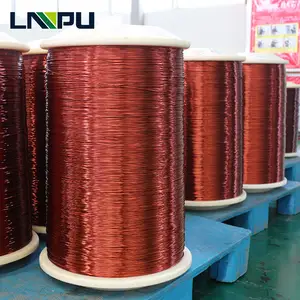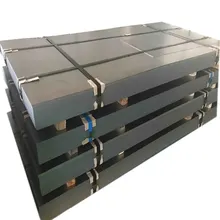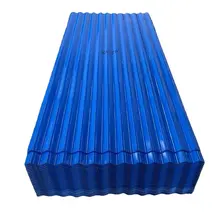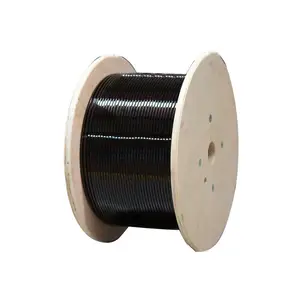Magnesium Alloy Wire: An Overview
Magnesium alloy wire stands as a cornerstone in the realm of modern metallurgy, offering a blend of lightweight properties and commendable strength. This material is crafted through a precise alloying process, combining magnesium with other elements to enhance its inherent qualities. The versatility of magnesium alloy wire is evident in its wide range of applications, from intricate metalworks to the automotive industry, where its lightweight nature contributes to fuel efficiency without sacrificing durability.
Types and Features
The market presents a variety of magnesium alloy wire types, each tailored to specific industry needs. These wires are available in different diameters and grades, catering to diverse applications such as machinery repairs and construction. The features of these wires are numerous; they exhibit resistance to corrosion, boast an impressive strength-to-weight ratio, and maintain performance under high temperatures. The adaptability of magnesium alloy wire is further enhanced by its anodizing and powder-coating capabilities, which bolster its resistance to environmental factors.
Applications Across Industries
The utility of magnesium alloy wire spans multiple sectors. In the automotive field, it's utilized for its lightweight yet robust nature, contributing to the manufacturing of more fuel-efficient vehicles. The construction industry benefits from its sturdy composition, employing it in structural applications where weight reduction is crucial. Additionally, its precision in fabrication makes it suitable for detailed metalworks and repairs, ensuring that components meet stringent industry standards.
Material Composition and Sustainability
Magnesium alloy wire is derived from a combination of magnesium with other alloying elements, resulting in a material that is not only strong and lightweight but also sustainable. The eco-friendly aspect of magnesium alloy wire is noteworthy, as it is recyclable and leaves a minimal carbon footprint. Its anti-corrosion properties are enhanced through various surface treatments, which include painting, plating, and polishing, extending the lifespan of the products it's used in.
Ensuring Reliability
When selecting magnesium alloy wire, it is crucial to consider the certifications that attest to its reliability. These wires are often accompanied by certifications from recognized standards organizations, such as ISO and CE. Such endorsements signify that the wires have undergone rigorous testing to meet global standards for durability and performance.
Customization and Versatility
The customization potential of magnesium alloy wire is significant, allowing it to be tailored to specific industry requirements. This flexibility is evident in the availability of various shapes and sizes, as well as the possibility of custom fabrications to suit unique applications. Whether it's for intricate lathe machine operations, welding services, or custom stamping, magnesium alloy wire proves to be a versatile and adaptable material choice for a multitude of projects.


































 浙公网安备 33010002000092号
浙公网安备 33010002000092号 浙B2-20120091-4
浙B2-20120091-4